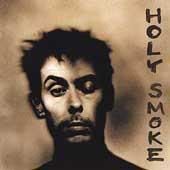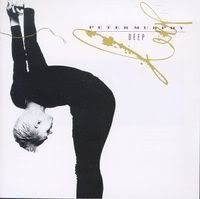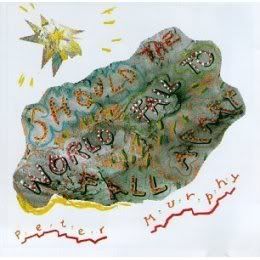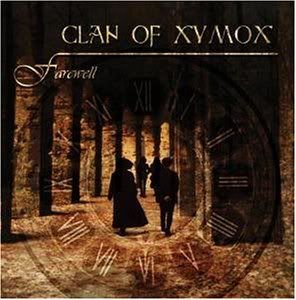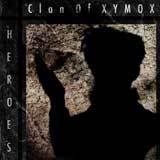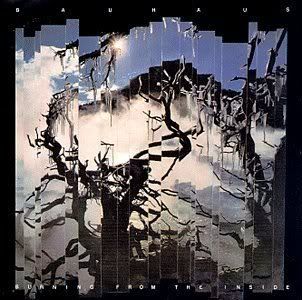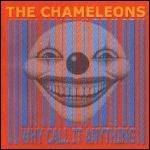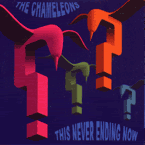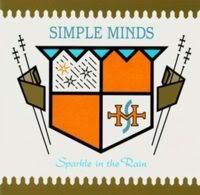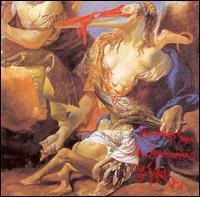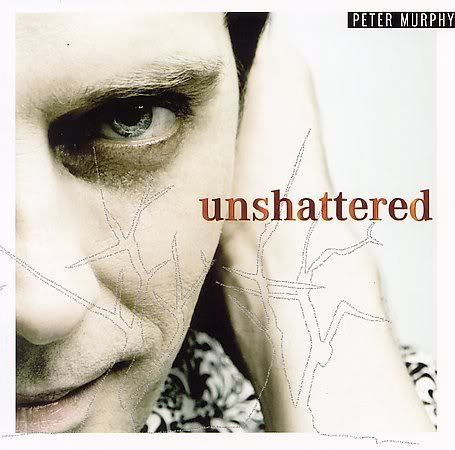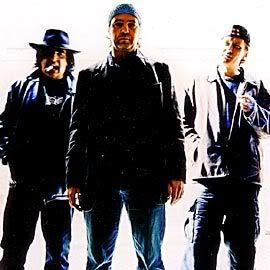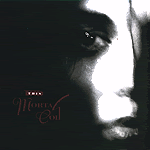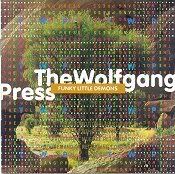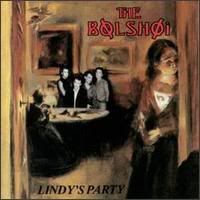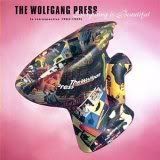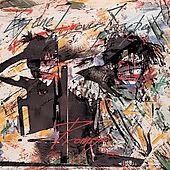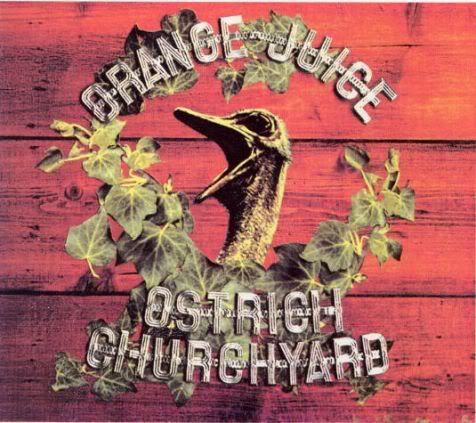
Download
Gothic New Wave Alternative and Darkwave
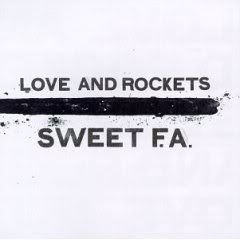
Love and Rockets have always had a penchant for the sins of the flesh. And while their lyrics sometimes border on the cartoonish with their over-the-top fantasies, the songs themselves are irresistibly catchy. The English trio's sixth album, Sweet F.A., is a return to the Love and Rockets sound found on the late-'80s efforts Express and Earth Sun Moon, with many of Sweet F.A.'s songs combining eerie, hazy drug moments with squalls of sexy guitar and thumping dance beats.
On "Sweet Lover Hangover," guitarist Daniel Ash wraps a slippery riff around his sultry cooings, while "Use Me" grinds away over Ash's gleeful cave-in to a partner in a lurid domination fantasy. Just a horny young boy's wet dreams? Sure, but instead of simply being locker-room material, Sweet F.A. is a slinky ride through trashy living, making for a refreshing escape from lily-white conservatism.
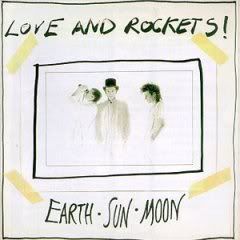
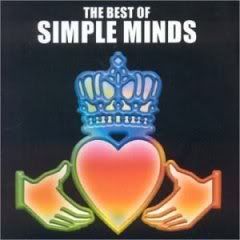
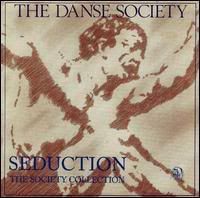
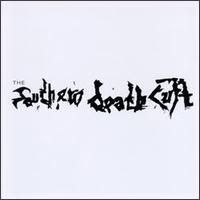
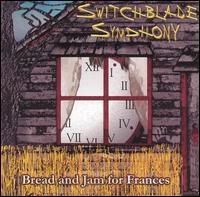
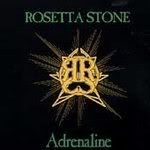
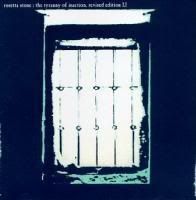
| Track Title | ||||||
| 1 | Nothing | 4:45 | ||||
| 2 | Friends and Executions | 4:43 | ||||
| 3 | Side Effect | 5:58 | ||||
| 4 | The Goods Gone | 4:33 | ||||
| 5 | Interference | 5:10 | ||||
| 6 | One Angel Short Of Heaven | 4:25 | ||||
| 7 | Never | 4:41 | ||||
| 8 | Right As Rain | 4:46 | ||||
| 9 | Spoiler | 4:49 | ||||
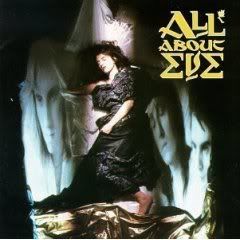
This London quartet features the rather lovely (and often multi-tracked) voice of Coventry-born Julianne Regan (an early bassist in Gene Loves Jezebel) and utilizes, of all people, former Yardbird bassist Paul Samwell-Smith in the producer's chair. With dreamy-looking cover art and songs about children, angels and clouds, one might expect lots of wispy, ethereal music, but 1988's All About Eve mostly offers up mainstream, big-guitar rockers. Even the quieter moments, such as "Like Emily" and "Shelter from the Rain" (with Wayne Hussey of the Mission adding vocals), sound like arena fare by some U2 support act. (The CD adds three.)
Samwell-Smith gives Scarlet and Other Stories a much lighter, more acoustic sound. This setting is better suited to Regan's voice, but the LP drags along laboriously; the softer spots come dangerously close to resembling Renaissance. In comparison to this, the debut's variety is a real asset.
Guitarist Tim Bricheno left in '90 and resurfaced later that year in the Sisters of Mercy.
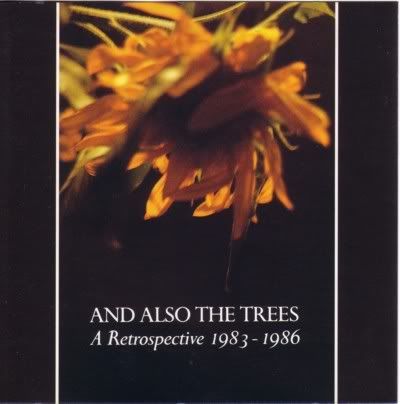
And Also The Trees started in the dawn of the 1980s in Inkberrow, a small village in Worcestershire, far in the countryside. The band was inspired by the ideology of the burgeoning post-punk movement, but took its rural roots to heart.
A home demo tape was sent to The Cure which led to a friendship between the two bands. In 1981 And Also The Trees played several shows in support of The Cure's UK tour. Their second demo tape From Under the Hill (1982) was partly co-produced with Robert Smith and Mike Hedges.
Their first two single releases ("Shantell" and "The Secret Sea") and their debut album, simply called And Also The Trees, were produced by The Cure's Laurence Tolhurst and released in 1983. The debut album reflected the tentative post-punk influences.[citation needed] They got the attention of John Peel and were invited to do a session on April 7, 1984 produced by Dale Griffin for broadcast on April 24.
After a second tour with The Cure in 1984, they severed their musical relationship and developed their own sound. The EP A Room Lives In Lucy (1985) introduced the mandolin-like guitar sound which became their trademark for the next few years. Justin Jones in 1985 on the first releases: "I think our musical progression is similar to that of Joy Division's. If you listen to 'Warsaw' and then 'Joy Division', their awareness of atmosphere increases. Creating an ambience is very important."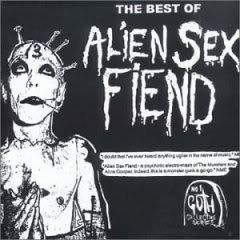
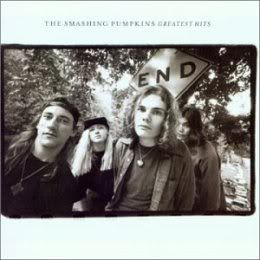
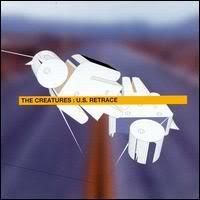
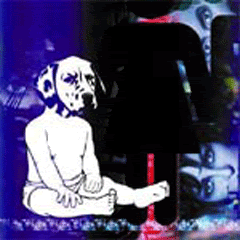

| TRACKS | |||
| 01. I'll Be Near You | |||
| 02. Searchlights | |||
| 03. You Broke My Heart | |||
| 04. Sleepwalker | |||
| 05. When Devils Come | |||
| 06. Heavens and Seas | |||
| 07. Dream House | |||
| 08. I Push It Harder | |||
| 09. I Should Have Known | |||
| 10. All in My Hands | |||
| 11. Drowned You | |||
| 12. Dreamhouse Theme |

| TRACKS | |||
| 01. Mondlight | |||
| 02. Eiland | |||
| 03. Reigen | |||
| 04. Tag Fur Tag | |||
| 05. Augen-Blick | |||
| 06. Begrab Mein Herz | |||
| 07. Nachtschatten | |||
| 08. Xmas in Australia | |||
| 09. Derwisch | |||
| 10. Incubus Succubus II | |||
| 11. Vito |
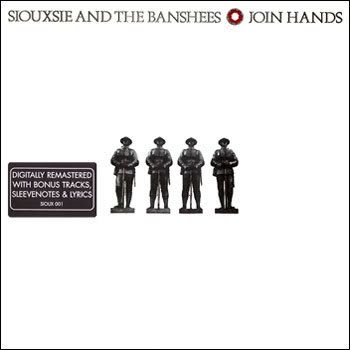
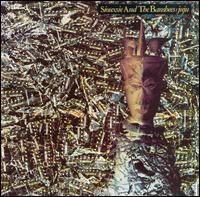
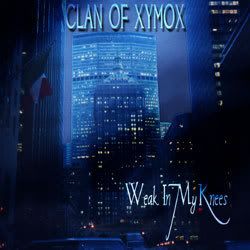
Tracklisting:
| 1 | Weak In My Knees (5:09) | |
| 2 | Weak In My Knees (Azoic Remix) (6:32) | |
| Remix - Azoic, The | ||
| 3 | Calling You Out (5:21) | |
| 4 | Michelle (Deep In Pain Remix By Destroid) (3:46) | |
| Remix - Destroid | ||
| 5 | Weak In My Knees (Dimitri NI Remix) (5:19) | |
| Remix - Dimitri NI | ||
| 6 | Michelle (Re-Recorded Version) (2:54) | |
| 7 | Weak In My Knees (Grendel Remix) (6:46) | |

